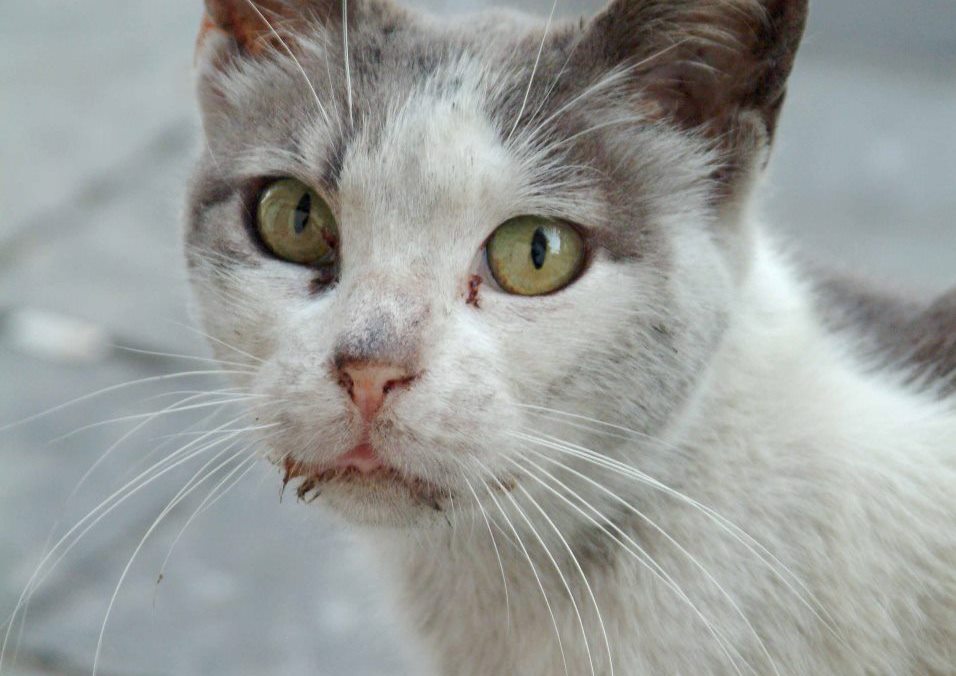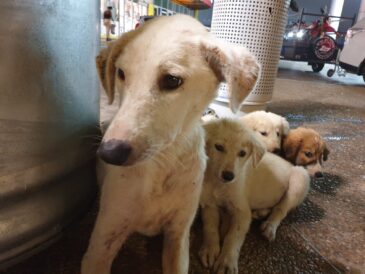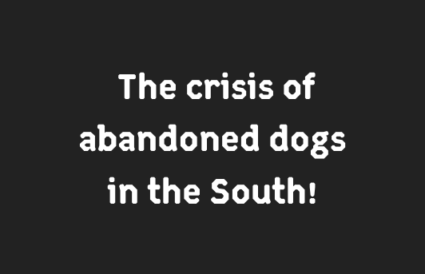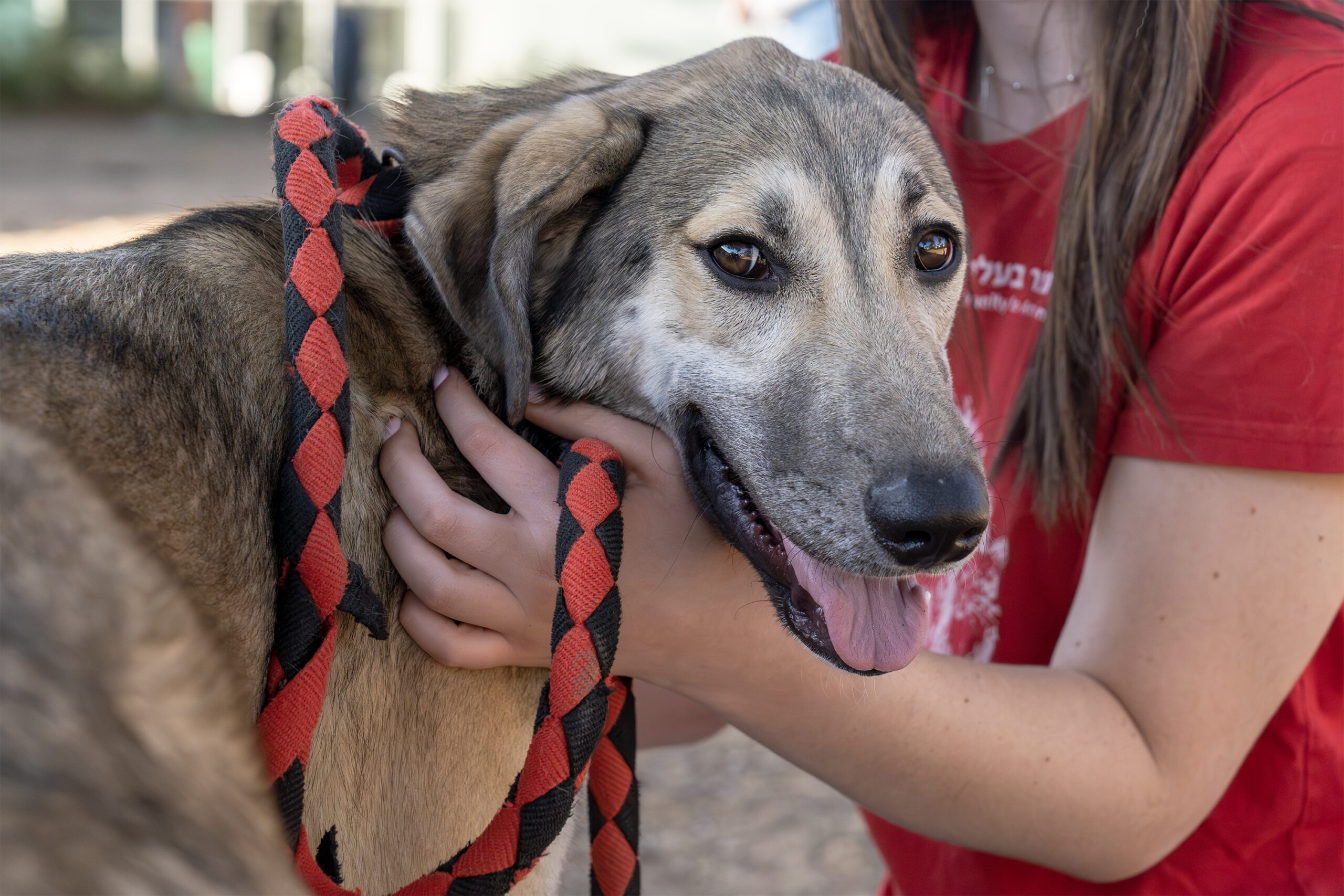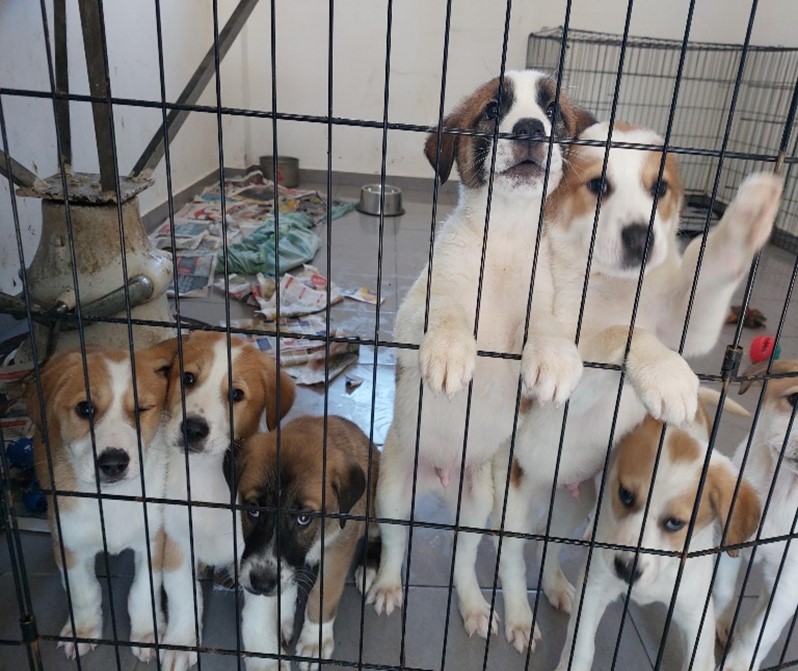Two days before the elections a revolutionary agreement, which was promoted by the Society for Prevention of Cruelty to Animals in Israel, was signed between the Treasury and the Ministry of Agriculture. The new agreement will replace the law relating to the obligation of the State to subsidize the neutering and castration of dogs and cats. According to the agreement, two million dollars will be budgeted each year to this project, and as a result of this the threat of cancellation of the budgeting was removed for at least the next three years (Chok Ha Hesdarim).
Last year a revolutionary amendment was passed to the Law of Cruelty to Animals (protection of animals) which obligates the country to take responsibility for neutering and castration of dogs and cats, and so to limit the increase in unwanted animals. The amendment to the law also included a budgetary section whose meaning was that the Treasury will be obligated to fund activity to the extent of a few million shekels each year.
The waves that the bill made were tremendous; firstly the societies who work for the welfare of animals who knew that only a law like this one, which would be carried out wisely, will finally bring a decrease in the huge numbers of births whose results are thousands of puppies and kittens without homes, whose fate would be death. All those who love animals who were aware of the suffering of dogs and cats who have no home or hope of one, felt very happy.
However, it seems that it was too soon to rejoice, since the new “Chok Ha Hesdarim” (“Omnibus Law”) tried to cancel the budgeting for the need of neutering and castration; that is to say the law would be worthless! We, in the Society for Prevention of Cruelty to Animals in Israel, invested a great deal of work and huge efforts in order to have the amendment to the animal cruelty law passed, and in the wake of the Omnibus Law the achievement seemed to go out the window.
Attorney Idan Abohav, a lobbyist who represents our society, says that “As long as they weren’t talking about going to elections, I could build a strategy that was intended to stop the Treasury’s steps. We had agreements with a number of Knesset members who held the matter close to their hearts. Regarding the failure of the process, we estimated that we would have a majority in the Financial Committee and in the Education Committee in order to save the amendment. But when the matter was verified that there would be elections, together with the clarity of the new financial situation in the country, I understood that the new government would be determined to quickly pass the budget in order to broadcast stability to the markets, and we evaluated that the promises that were given to us would not be fulfilled for lack of an alternative, and from the threat of coalition discipline”.
From that time on attorney Abohav began to act with severe determination in order to facilitate an agreement between the Treasury and the Agricultural Ministry. “I knew that right now people are sitting in the Agricultural Ministry to whom the issue of animals is very important. Minister Shalom Simhon and his spokesperson Tali Carmi, the https://spca.co.il/wp-content/uploads/2022/03/group-puppies-celebrating-new-year-1.jpgistrator of the Ministry, Yael Shaltiel, the economist of the Ministry, Mr. Herzel Avidor, and also their legal advisor, attorney Efrat Aviani. And on the other side of the “fence”, in The Treasury, Eyal Epstein and Daniela Gara showed their love to animals and an understanding of the problem of neutering and castration. I had to take advantage of the willingness and the understanding of all sides in order to bring them to sign the agreement with The Treasury”.
The different sides worked hard to come to an agreement. Says Abuhav, summing up the agreement that was achieved: “We hope that there will be more and more altering of pets, and that in the future we will not have to absorb large quantities of wandering and unwanted animals”.

